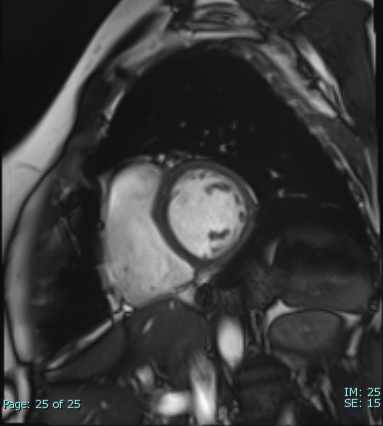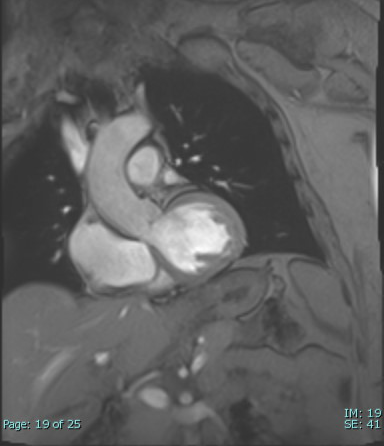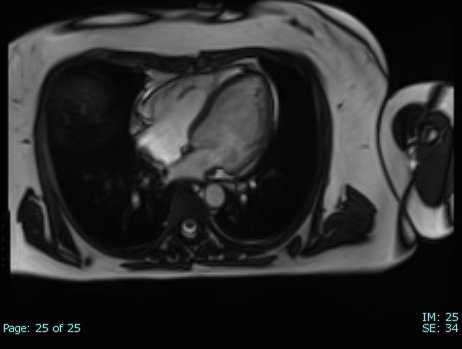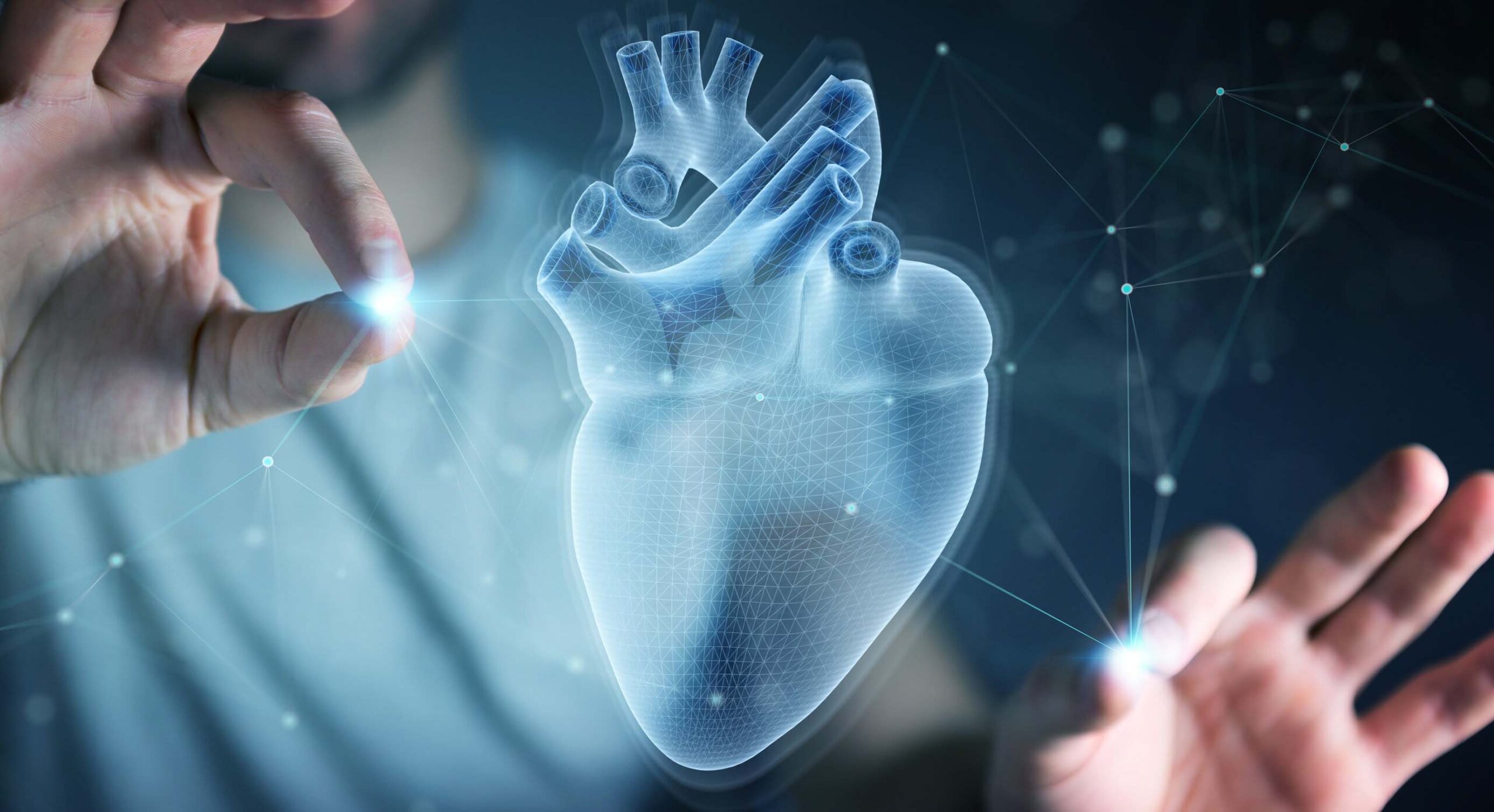What Is It?
- Cardiac MRI is an advanced imaging modality which can provide detailed information about the structure and function of your heart in exquisite detail. The exam uses MRI which uses magnets and magnetic fields that can provide detailed pictures of the inside your body without any harmful radiation, including the ability to see your heart beating in real time.
- There are multiple types of diseases that can be assessed including diseases of the heart that are present at birth (e.g. congenital heart disease such a hole in your heart) as well diseases that develop after birth. Other types of disease include:
- Infiltrative cardiomyopathy – infiltrative disorders like amyloidosis or sarcoidosis that can cause your heart to not function well and result in heart failure or abnormal heart rhythm (arrhythmia)
- Hypertrophic cardiomyopathy – overgrowth of your heart muscle that can cause you to faint.
- Myocarditis – infection/inflammation of the heart which can be caused by certain viruses and diseases including COVID-19.
- Valvular heart disease – diseases that can cause the valves in your heart to not function properly including aortic regurgitation, aortic stenosis and mitral regurgitation.
- Viability imaging after a heart attack – evaluate how much of your heart is still functioning well and how much of your heart has scarred.
- Pericardial disease – infection, inflammation or masses of the sac that surrounds your heart.
- Cardiac masses including blood clots within your heart.
- There are multiple types of diseases that can be assessed including diseases of the heart that are present at birth (e.g. congenital heart disease such a hole in your heart) as well diseases that develop after birth. Other types of disease include:
How Do I Prepare?
- MEDICATIONS:
- Take all medication as your normally would unless told otherwise.
- FOOD/DRINK:
- No food or drink for 4 hours prior to your exam
- LAB WORK:
- We will need a recent copy (within 2 months) of your blood work showing your Hematocrit level (how many red blood cells you have).
How Is It Done?
- Our nurse will place an intravenous (IV) line in your arm
- Our technologist will place you on the MRI Table lying flat on your back and provide breathing instructions.
- We will take multiple pictures of your heart, which will include some pictures taken after injecting a contrast dye.
- TOTAL EXAM DURATION: 90 minutes
What Happens Next?
- Results from your exam will be available to you within a few business days and oftentimes on the same day.
- The exam will show if you have any specific abnormalities of your heart.
- Your healthcare provider will contact you if they need to make any changes to your medications or if you need further testing.
Additional Information: https://www.radiologyinfo.org/en/info/cardiacmr




